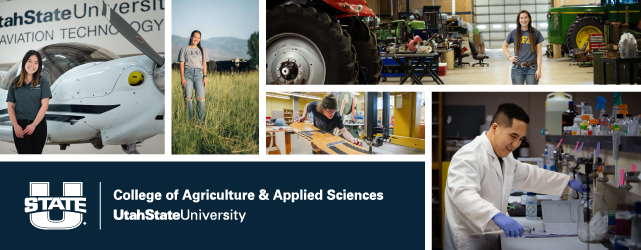Prophylactic and therapeutic testing of Nicotiana-derived anti-RSV human monoclonal antibodies in the cotton rat model
Originally published by Landes Bioscience in mAbs.
Publishers PDF available through link below:
http://www.landesbioscience.com/journals/mabs/article/23281/
Abstract
Severe lower respiratory tract infection in infants and small children is commonly caused by respiratory syncytial virus (RSV). Palivizumab (Synagis®), a humanized IgG1 monoclonal antibody (mAb) approved for RSV immunoprophylaxis in at-risk neonates, is highly effective, but pharmacoeconomic analyses suggest its use may not be cost-effective. Previously described potent RSV neutralizers (human Fab R19 and F2–5; human IgG RF-1 and RF-2) were produced in IgG format in a rapid and inexpensive Nicotiana-based manufacturing system for comparison with palivizumab. Both plant-derived (palivizumab-N) and commercial palivizumab, which is produced in a mouse myeloma cell line, showed protection in prophylactic (p < 0.001 for both mAbs) and therapeutic protocols (p < 0.001 and p < 0.05 respectively). The additional plant-derived human mAbs directed against alternative epitopes displayed neutralizing activity, but conferred less protection in vivo than palivizumab-N or palivizumab. Palivizumab remains one of the most efficacious RSV mAbs described to date. Production in plants may reduce manufacturing costs and improve the pharmacoeconomics of RSV immunoprophylaxis and therapy.





